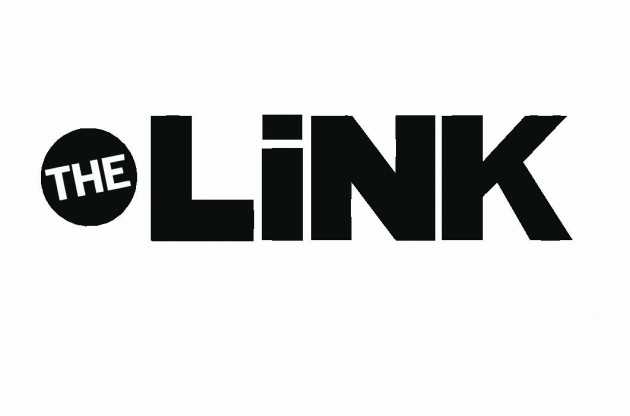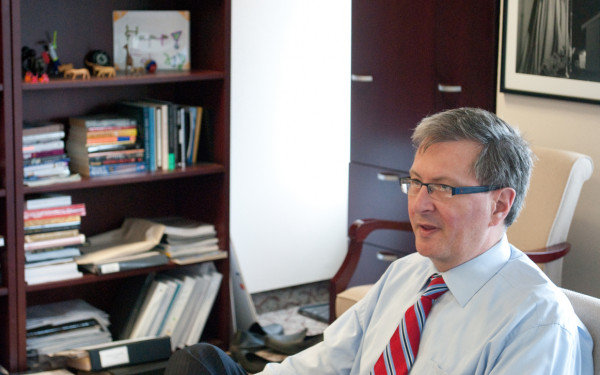Charter Troubles
Members of Concordia’s Senate—the highest academic body at the university—are often left powerless next to the Board of Governors, the ultimate authority of the school that has veto power over all Senate decisions.
The most recent example of this dynamic occurred over the winter holidays when Concordia staff had to be back at work on Jan. 3, earlier than other universities in the province. The Senate had voted to return to work on the Jan. 4, but the Board of Governors ignored their stance, forcing employees back to work early.
This subordinate nature of the Senate has left senators looking for ways to move away from a hierarchical system, which has established the Senate as subordinate to the Board, to one where the two bodies play on a more level field.
The Board endorsed the idea of a bicameral system when it voted to adopt all the recommendations of this summer’s External Governance Committee Report, which investigated issues in the school’s power hierarchy. One of the report’s recommendations was more equally distributing power between the BoG and Senate.
“The only way to really truly empower the academic community at the university is to change the charter of the university,” said Concordia Student Union President Lex Gill, referring to the document that acts as a “codification of the laws governing the incorporation” of the school.
The idea has been met with mixed reviews from senators, said Gill. Some want to open the charter immediately, some want to wait and some are completely uncomfortable with the idea.
A concern for some senators is that any reforms to the charter would need to be made by the provincial government in the National Assembly away from the purview of the Senate.
“If there is a government that exists that wants to make [additional] changes to the charter, there’s nothing we could really do to stop them from making those changes,” said Andy Filipowich, a Fine Arts faculty student and undergraduate Senator representative.
“There’s a group of people who say ‘Do we really want the charter opened up in front of the National Assembly so that the Quebec government can decide what an English university should look like and how it should be governed?’” said Gill.
Gill, for her part, doesn’t see things the same way. “The university needs to find a bit of courage, think about the process carefully, develop a draft, create committees, and deal with it,” she said.
At the Dec. 9 Senate meeting, Provost David Graham presented an eight-page report on the pros and cons of opening the Charter. No decision on opening the Charter was reached at the meeting, and there is currently no timeline for reaching such a decision, says Filipowich.
“The gears of democracy turn slowly at Concordia, when they turn at all, but it’s our absolute hope that it’s dealt with sincerely and urgently and with the amount of gravity that it deserves,” said Gill.
Another one of the upcoming initiatives senators will discuss this year will be the new name project, which advocates are hoping will help bring major changes to the way students are identified at Concordia.
Proponents of the name project want students to be officially identified by their chosen name, instead of their legal name, which is currently the case.




webedit_600_375_90_s_c1.jpg)

_600_375_90_s_c1.jpg)
4_600_375_90_s_c1.jpg)